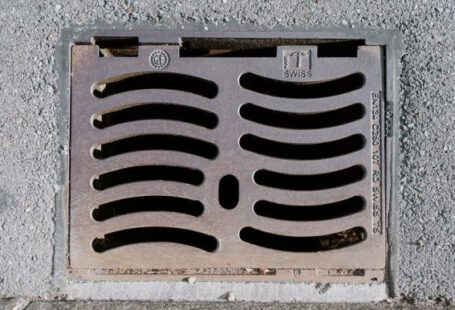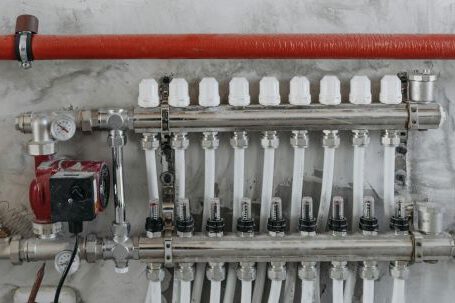In today’s increasingly interconnected world, the need for efficient and accurate leak detection technology has become more important than ever. Leaks can occur in a wide range of industries, including oil and gas, water management, and even residential and commercial buildings. Detecting leaks early on can save significant amounts of money, prevent environmental damage, and ensure the safety of individuals. Fortunately, there have been significant advancements in leak detection technology in recent years, revolutionizing the way leaks are detected and addressed.
The Rise of Smart Sensors
One of the most significant advancements in leak detection technology is the emergence of smart sensors. These small, wireless devices are capable of continuously monitoring and detecting leaks in real-time. Unlike traditional methods, which rely on manual inspections or periodic checks, smart sensors provide a constant stream of data, allowing for immediate action to be taken in the event of a leak.
Smart sensors are equipped with various technologies, such as ultrasonic, infrared, and electromagnetic sensors, which can detect different types of leaks, including gas, water, and oil leaks. These sensors can be easily installed in pipelines, tanks, and other infrastructure, making them highly versatile and adaptable to different industries.
Artificial Intelligence and Machine Learning
Another groundbreaking advancement in leak detection technology is the integration of artificial intelligence (AI) and machine learning algorithms. These technologies can analyze vast amounts of data collected by smart sensors and identify patterns that indicate the presence of a leak.
By continuously learning from the data, AI algorithms can improve their accuracy over time, reducing false alarms and increasing the efficiency of leak detection systems. This not only saves time and resources but also minimizes the risk of overlooking critical leaks.
Remote Monitoring and Control
The ability to remotely monitor and control leak detection systems has also revolutionized the industry. With the help of internet connectivity and cloud-based platforms, operators can access real-time data and control leak detection systems from anywhere in the world. This has significantly improved response times and allowed for faster identification and resolution of leaks.
Remote monitoring and control systems also provide operators with the ability to set up automated alerts and notifications, ensuring that immediate action can be taken in the event of a leak. This proactive approach can help minimize the impact of leaks and prevent further damage.
Integration with Internet of Things (IoT)
The integration of leak detection systems with the Internet of Things (IoT) has further enhanced their capabilities. By connecting sensors, devices, and systems, IoT enables seamless communication and data exchange, improving the overall performance of leak detection technology.
For example, IoT-enabled leak detection systems can automatically shut down valves or activate emergency response protocols in the event of a leak, reducing the time it takes to mitigate the damage. Additionally, IoT integration allows for real-time monitoring of multiple parameters, such as temperature, pressure, and flow rate, providing a comprehensive view of the system’s health and potential vulnerabilities.
The Future of Leak Detection Technology
As technology continues to advance, the future of leak detection holds even more promise. Researchers are exploring new materials and sensor technologies that can further improve the accuracy and sensitivity of leak detection systems. Additionally, the integration of blockchain technology may provide enhanced security and transparency in leak detection data, ensuring the integrity of the information collected.
In conclusion, advancements in leak detection technology have transformed the way leaks are detected and addressed across various industries. The rise of smart sensors, the integration of AI and machine learning, remote monitoring and control, and the integration with IoT have all contributed to more efficient and accurate leak detection systems. As technology continues to evolve, the future of leak detection holds even greater potential for preventing leaks and minimizing their impact.



